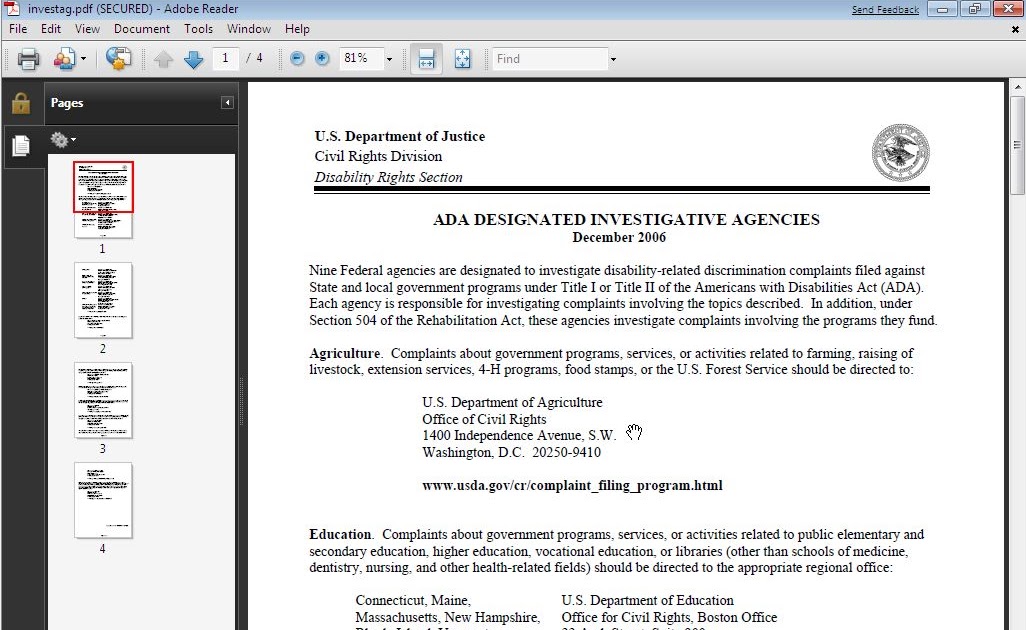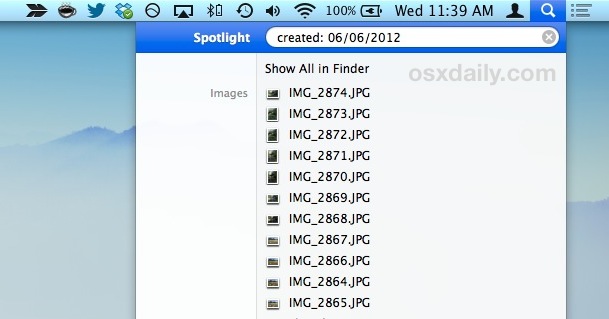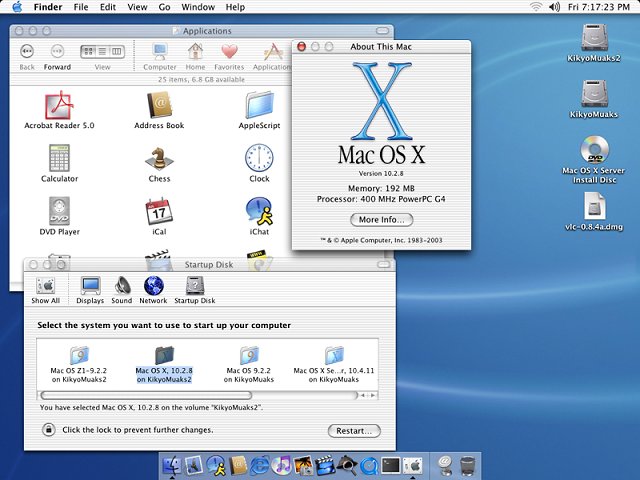

- #Os x find files by date how to#
- #Os x find files by date archive#
- #Os x find files by date full#
- #Os x find files by date mac#
#Os x find files by date mac#
By default, your Mac will start searching the selected folder for any specific files, but if it doesn’t find anything, it will search “This Mac” to see if the file is stored anywhere on your computer. Now, you can start searching for the specific file using the search field at the top-right corner of the window.Open the Finder window by clicking on the icon in the Dock.Just follow the steps below to get started.
#Os x find files by date how to#
How to Find Files on Mac Using Finderįinding any file on your Mac is a pretty simple and straightforward procedure using Finder. Therefore, in this article, we’ll help you find any file located on your Mac using Finder and Spotlight. If you’re new to the macOS ecosystem, you might not be familiar with these search options. And then there’s Spotlight, the system-wide search utility that can also search the web, get dictionary definitions, perform calculations, and of course, find files. The Finder app lives up to its name by making it easy to find specific files stored on your Mac by the filename, date, etc. Clicking on the Finder app will show the contents of your Mac, iCloud Drive, and other connected storage devices. Finder is also the first app located in the Dock and its menu bar is displayed at the top of your desktop. (I've tested this procedure on OS X 10.8 (Mountain Lion).Finder is the macOS file manager, and it’s the first thing you see after you boot up your Mac. Move the files around with the Finder if you need to (the Finder preserves file modification and access times within the same volume). Open Terminal on the Mac that has the external USB hard drive plugged in.Ĭhange the current folder to the single folder hierarchy on the external hard drive with command cd as explained above: $ cd /Volumes/externalHDD/path/to/single \folderĮxtract the archives: $ pax -r -p e < tar
#Os x find files by date archive#
Use the Finder to copy the newly create archive tar to the external hard drive. This will change the current folder to 'your folder'.
#Os x find files by date full#
See pax man page here for more details.įirst, create a pax archive on every Mac and copy it to the external hard drive like this:Īnd drag the folder where the files to be combined reside on that Mac to Terminal:Īlternatively you can type the full folder name: $ cd /path/to/your\ folder The default pax format, called ustar, preserves file modification and access times (among other things like user ID, group ID, file mode bits and extended attributes like Spotlight comments and ACLs). So, using zsh I was able to run ( NO NAME being my cards volume name): cp -rvp /Volumes/NO\ NAME/DCIM/**/*./*.JPG /my/out/path

User ID or group ID cannot be preserved, neither the set-user-ID nor set-group-ID bits are pre. If the source file has both its set-user-ID and set-group-ID bits on, and either the

On and the group ID cannot be preserved, the set-group-ID bit is not preserved in the copy's per. If the source file has its set-group-ID bit ID bit is not preserved in the copy's permissions. If the source file has its set-user-ID bit on and the user ID cannot be preserved, the set-user. If the user ID and group ID cannot be preserved, no error message is displayed and the exit value

AccessĬontrol Lists (ACLs) and Extended Attributes (EAs), including resource forks, will also be pre. My processing scripts will look at the file mtime to put it in the correct place so I needed it preserved.įrom the man page: -p Cause cp to preserve the following attributes of each source file in the copy: modification time,Īccess time, file flags, file mode, user ID, and group ID, as allowed by permissions. I discovered a bunch of old CF cards that I wanted to harvest the pictures from. I just ran across this myself, and the built in cp command actually handles it.


 0 kommentar(er)
0 kommentar(er)
